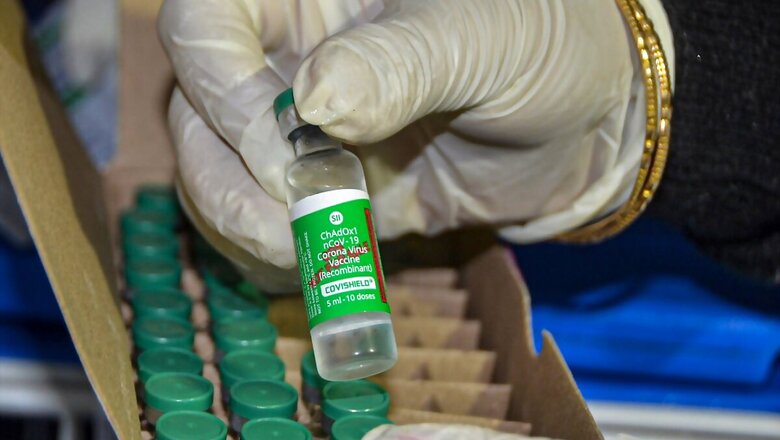
views
India should have reported 320 cases of blood clot associated with administering of Covishield vaccine by now if the European levels of risk calculated for AstraZeneca were to apply to the country, according to eminent scientist Gagandeep Kang who termed it a “very small risk” with absolutely no need for apprehension. Kang, Professor at the Christian Medical College, Vellore, said that the European levels of risk of blood clots from the AstraZeneca vaccine are 1 out of 100,000 according to the European Medicines Agency (EMA) and 1 out of 250,000 as reported by the British Health Regulator.
A growing number of countries have either halted or limited the use of the AstraZeneca coronavirus vaccine recently over fears that it can cause serious blood clots. Co-developed by the University of Oxford and British-Swedish company AstraZeneca, the vaccine uses an engineered version of adenoviruses that infect chimpanzees to carry the gene responsible for the spike protein of the novel coronavirus. It is manufactured in the country by the Serum Institute of India, Pune.
“There are bound to be a few or several cases of people who have had blood clots after getting a jab. That is to be expected. What we need to know is whether these blood clots were accompanied with a low platelet count,” Kang told The Wire in an interview. She said the government should set up an inquiry to look into this matter in a time-bound manner and make its report fully public. According to the virologist, if the European-level calculations were to apply to India, the country would have a total of 3,000 cases of blood clots out of its total target of 300 million people to be vaccinated.
“I notice that the EMA puts it at roughly 1 out of every 100,000 and the British Health Regulator puts it at 1 out of 250,000 but for laymen that’s a very small risk… “So if we think about how many people have been immunized in the country so far and we think about the 300 million cohorts you’re really talking about perhaps having 3000 cases of this across the country once we complete the entire immunization program in India,” she said.
This, she said, means out of the 80 million doses of the Astrazeneca the vaccine is already given, India should have 320 cases. She added that this is a “very small risk” and there is absolutely no need for apprehension. However, she said the exact numbers of such cases are not known currently.
Kang said that in India, there is no official information whether there have been worrying blood clots with a low platelet count after taking a dose of the Covishield vaccine. She was of the view that it is the blood clots in veins in the brain and abdomen accompanied by low platelet counts that we need to look out for.
She said no doubt hospitals would have this information but she did not know if it has reached the government’s adverse events committee or, if it has, what it’s done with the data. Kang also said that it’s not possible India could have given 80 million doses of Covishield without incidences of blood clotting.
“It’s hard to believe that after giving 80 million doses of AstraZeneca, we had no blood clotting. But many people after having AstraZeneca had strokes or other sorts of blood clots. What’s more important is to find out whether they have blood clots in association with low platelet count and that we don’t know,” she said. She also cited the example of the details and full transparency set by Britain’s Health Regulator as one the Indian system must emulate. However, the scientist added that for now there is no need for India to follow the British and European example and decide not to give Covishield to particular age groups.
She said there is absolutely no doubt the benefits of Covishield far outweigh the very small risks. She said the country does not make enough Covaxin, India’s indigenous vaccine, to replace Covishield. Covaxin is developed by Bharat Biotech in collaboration with the Indian Council of Medical Research and the National Institute of Virology, Pune.
Kang noted that in order to ensure ample supply in case Covishield needs to be halted or limited, India must expeditiously clear other vaccines like Sputnik, Johnson and Johnson, and Novovax, the first two of which are already being used internationally.
Read all the Latest News, Breaking News and Coronavirus News here. Follow us on Facebook, Twitter and Telegram.











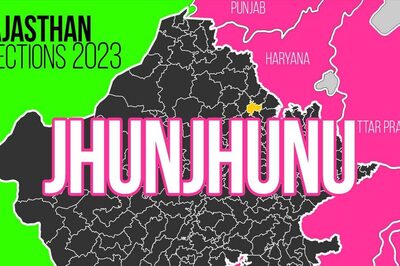

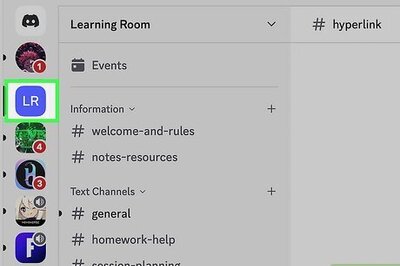
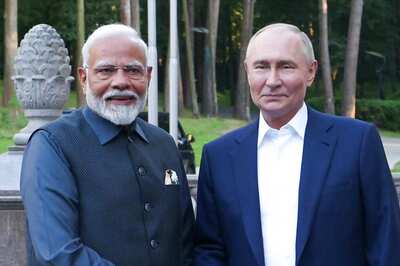

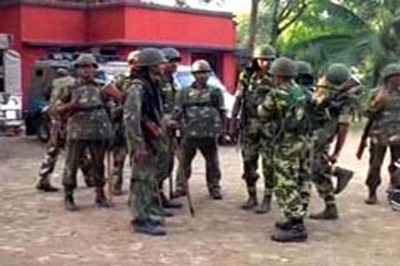

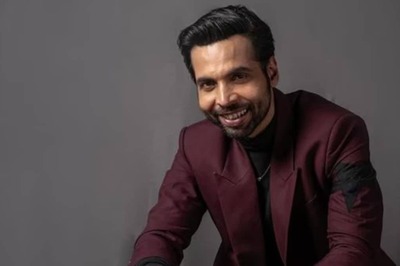
Comments
0 comment